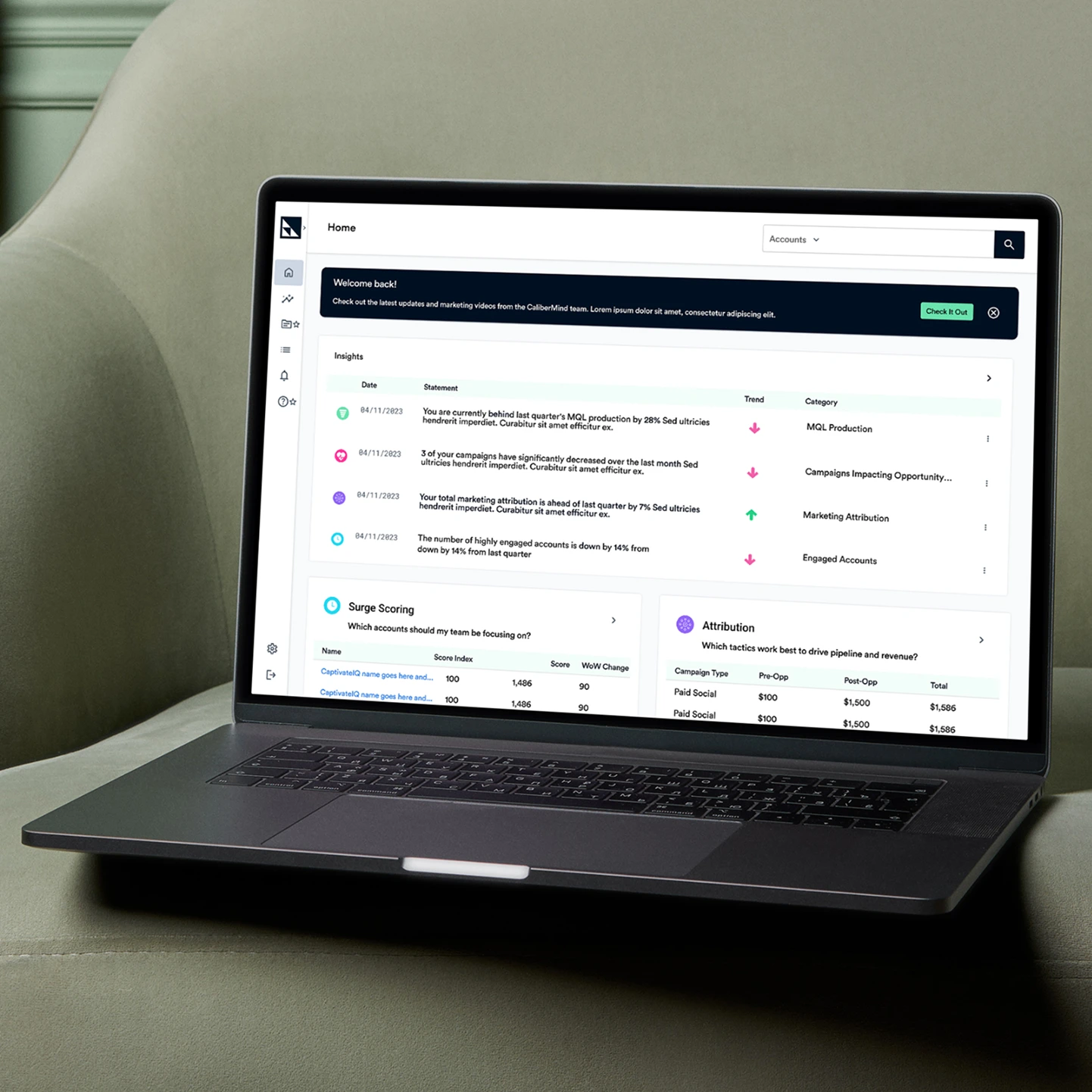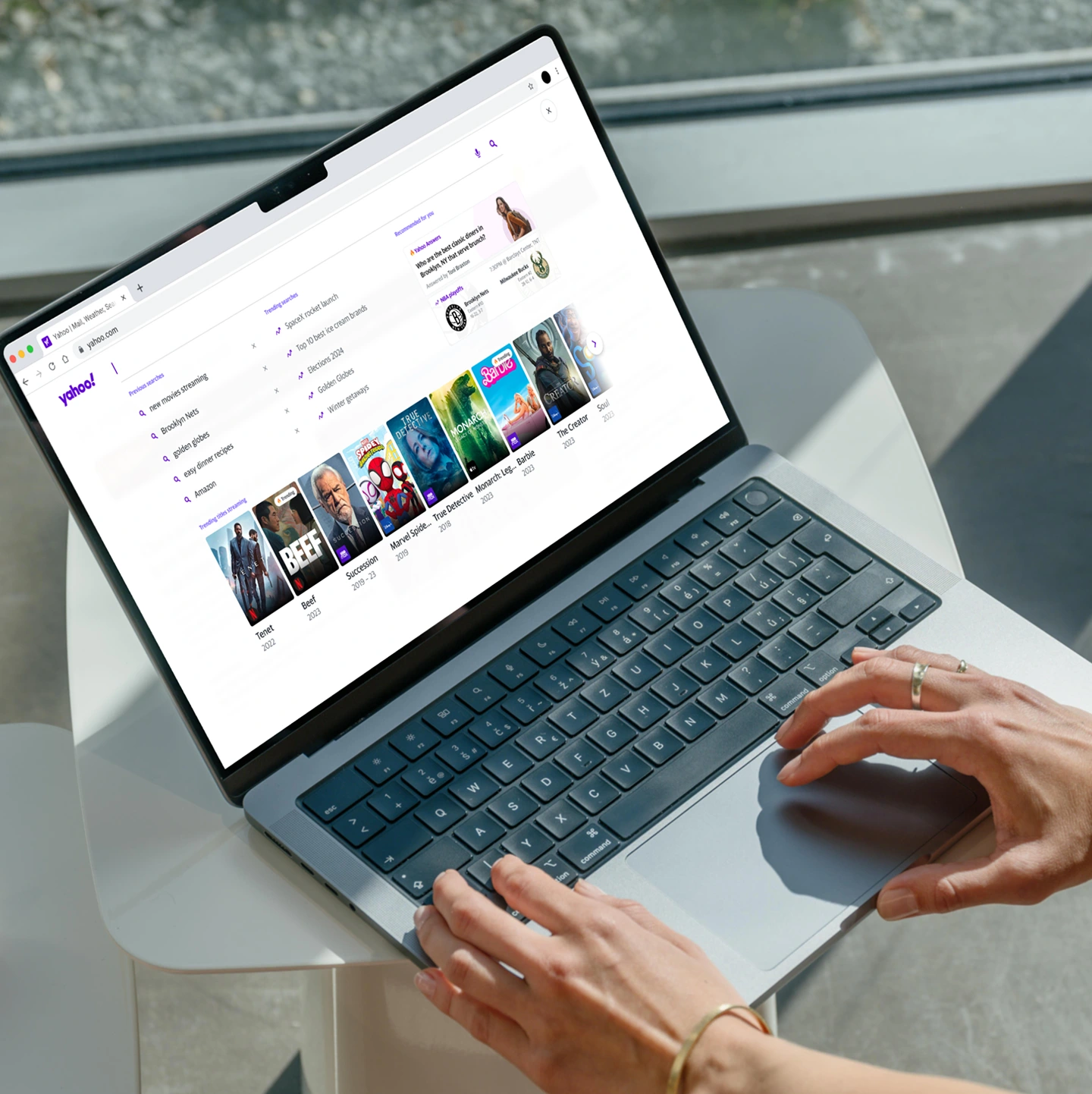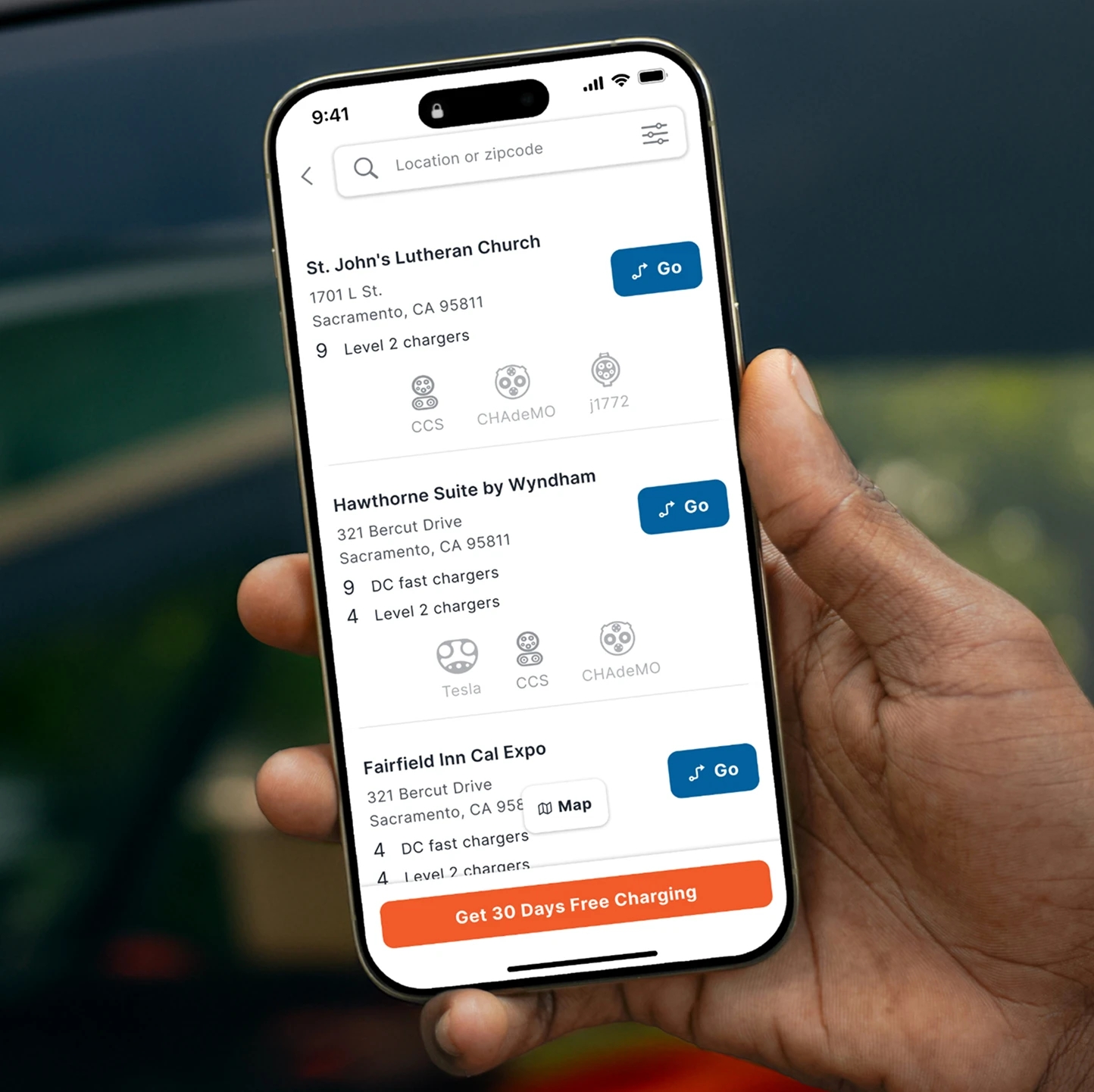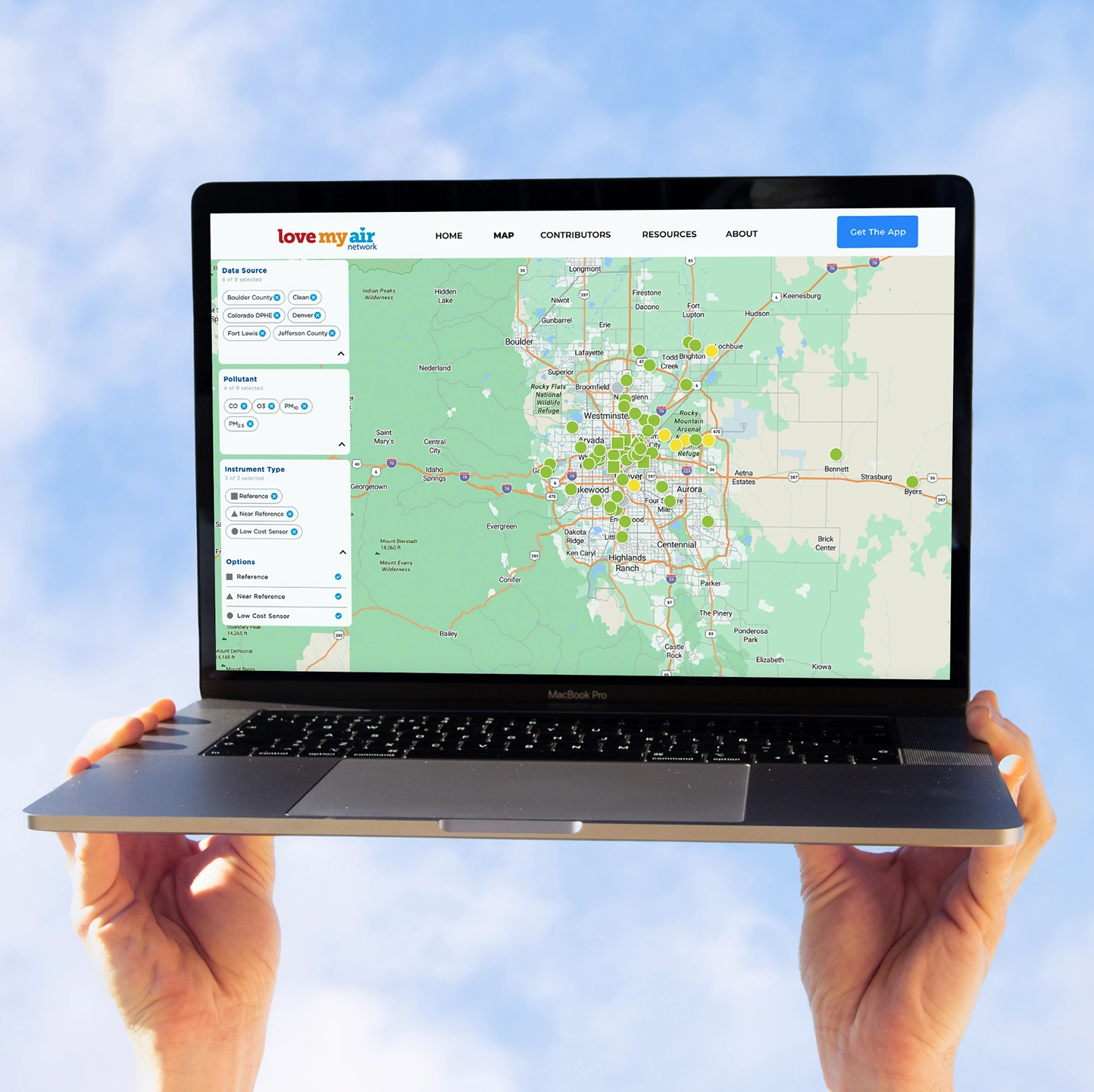We evolve product experiences for innovative brands with a focus on driving ROI and user satisfaction.



























Our approach to product design starts with your team and your users. We begin by forming a deep understanding of your users and their needs. We collaborate directly with your team and cross-organizational stakeholders to create experiences that delight customers and drive measurable results.
We start with user research to truly understand your users' needs and goals. We align these goals with your business objectives to drive value.
We avoid unnecessary complexities in favor of clean intuitive designs that users can easily understand. We refine aesthetics and amplify usability to strengthen your brand.
We validate our designs through feedback and iterations. We refine designs over multiple iterations to ensure we deliver the best possible solution.
In this episode, we chat with Chad Bercea to discuss the latest trends in design and tech, from the shift towards agentic workflows to the ongoing debate over the longevity of Figma and SaaS. We'll explore how AI is being used to automate repetitive tasks, enhance collaboration between designers and developers, and create more intuitive and personalized user experiences. Don't miss out on this deep dive into the future of design and the tools that are shaping it!
In this insightful interview, Alison Rand discusses the core themes of her book, Sentido, emphasizing the importance of non-traditional backgrounds and "organic intelligence" in the tech industry. Alison advocates for a more human-centered approach to design, encouraging leaders to build supportive sub-cultures within large organizations. Ultimately, she offers a powerful perspective on how personal growth and self-awareness can lead to more meaningful and impactful work in our rapidly changing world.
In this episode of the Fuego UX series, Carl Pearson shares his career journey through major tech companies like Red Hat, Meta and Reddit. He dives deep into the essential balance between qualitative and quantitative research, offering practical advice for researchers looking to expand their technical skills. Carl also discusses the impact of AI on the industry and provides guidance on how to maintain high-quality research standards in fast-paced environments. Whether you are a junior researcher or a seasoned pro, this conversation is packed with insights on scaling your impact and staying curious in the evolving UX landscape.









